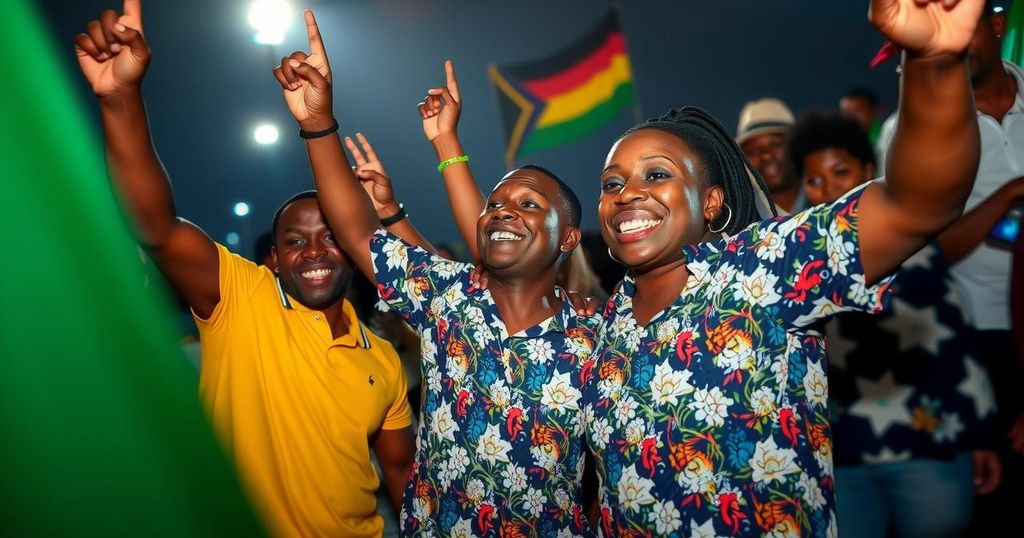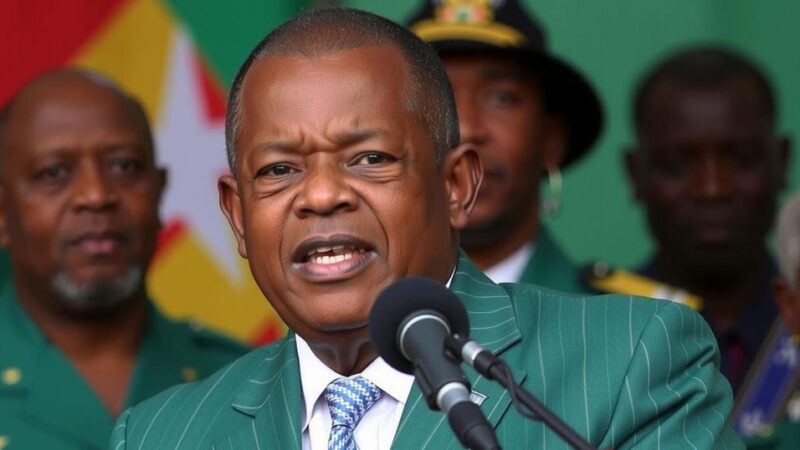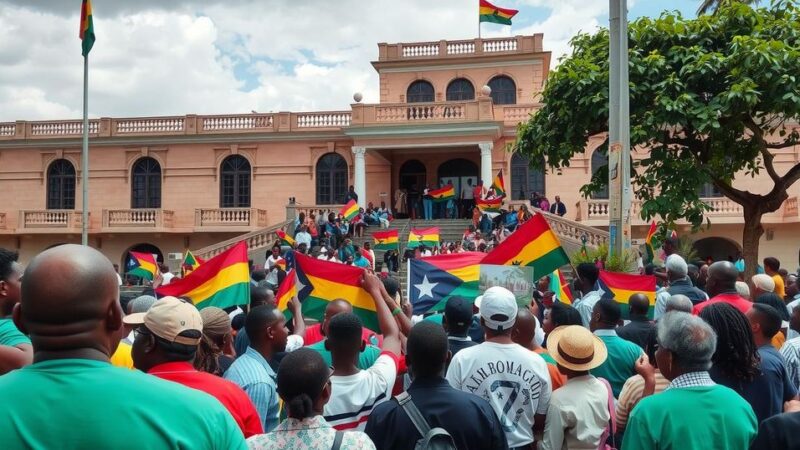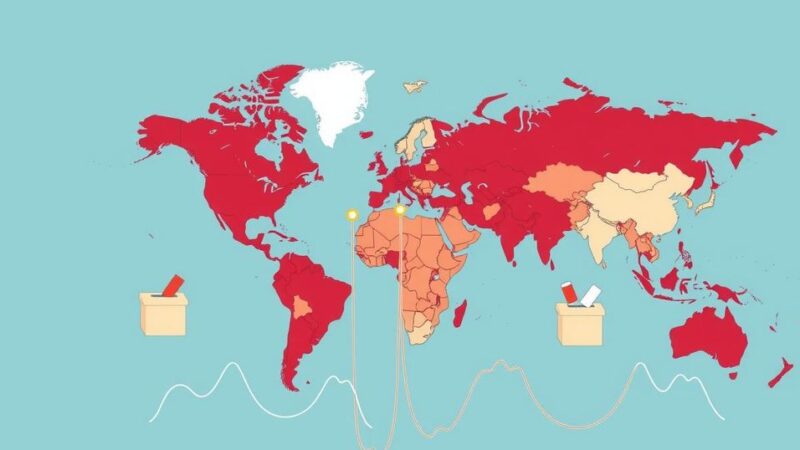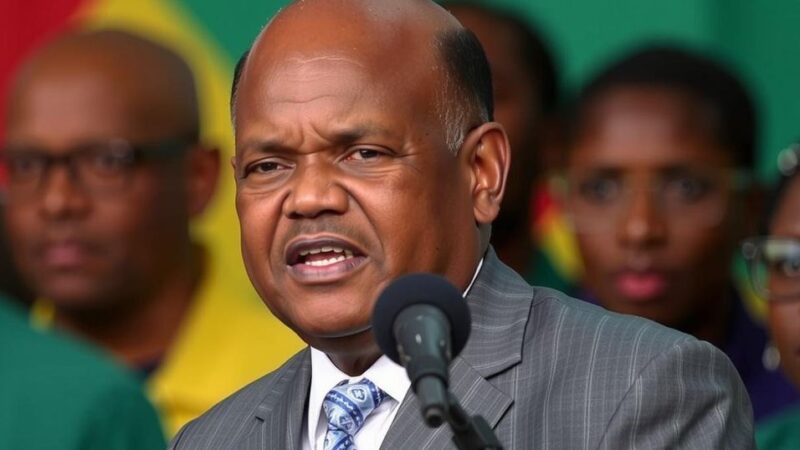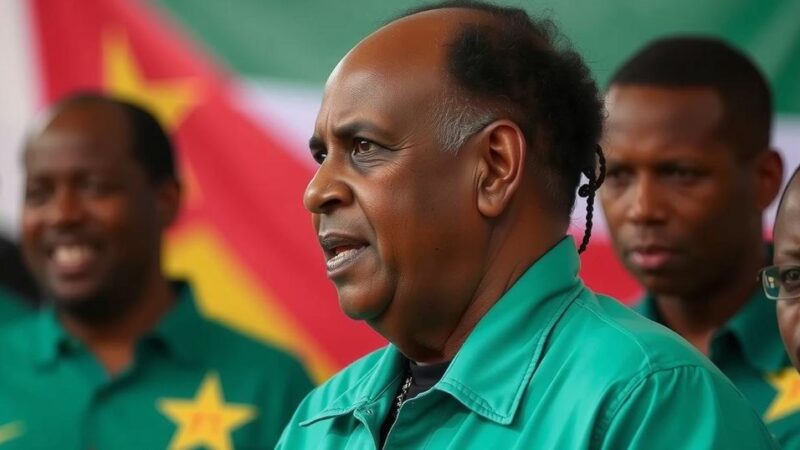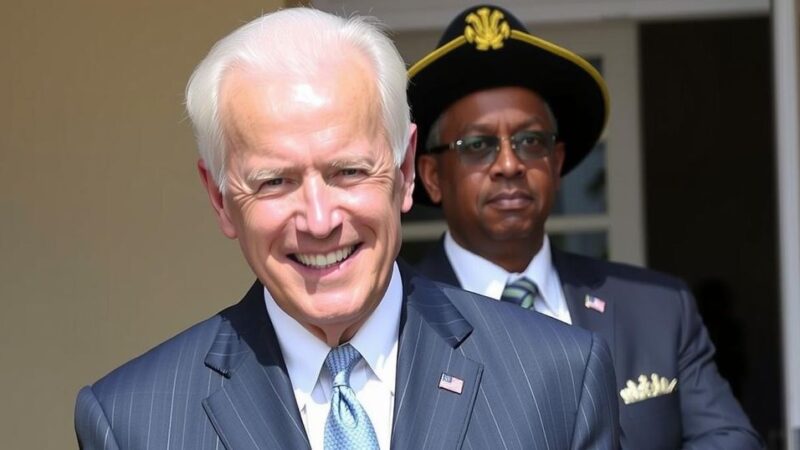The opposition coalition in Mauritius has won a complete victory in the latest parliamentary elections, acquiring all 62 seats. Prime Minister Pravind Jugnauth acknowledged his coalition’s defeat, signaling a major political shift as Navin Ramgoolam returns as prime minister. With over one million registered voters participating, this election underscores the stability and democratic values of Mauritius since independence in 1968.
In a significant political shift, the opposition coalition in Mauritius, led by the Alliance for Change, has achieved a landslide victory in the country’s most recent parliamentary elections, securing all available seats. The electoral outcome represents a decisive repudiation of the current government under Prime Minister Pravind Jugnauth, who prematurely acknowledged his coalition’s defeat as the opposing party dominated across all 21 constituencies. The return of Navin Ramgoolam as prime minister marks a notable moment in the nation’s political landscape, as he previously held the office from 1995 to 2000 and from 2005 to 2014. As results trickled in on Monday, it became apparent that Jugnauth’s governing coalition failed to win any of the 62 parliamentary seats ultimately determined by the voters. In a candid statement, Jugnauth remarked on the populace’s clear choice for change, wishing luck to the incoming government. The official total that includes additional seats from Rodrigues Island is anticipated the following Tuesday, although initial results confirm the opposition’s dominance. This election represents the twelfth since Mauritius attained independence from the United Kingdom in 1968. Over one million citizens were registered to cast their votes, reflecting the robust democratic engagement characteristic of the island nation. Notably recognized for its stability and economic success—including strengths in finance, tourism, and agriculture—Mauritius continues to uphold its reputation as a model of democracy among African nations.
Mauritius has been celebrated for its political stability and democratic processes since gaining independence in 1968. It is considered one of Africa’s most established democracies, with a diverse economy that has thrived due to its finance, tourism, and agricultural sectors. The recent elections reflect a pivotal moment in this context, as the public’s choice for a new government signals potential shifts in policies and governance after years under the leadership of Prime Minister Pravind Jugnauth, marred by allegations of corruption and political scandal.
The recent elections in Mauritius illustrate the electorate’s decisive preference for change, as evidenced by the complete victory of the opposition coalition led by the Alliance for Change. The return of Navin Ramgoolam to the position of prime minister brings anticipation for new policies and governance styles. This political shift reflects broader trends of change occurring across various nations in 2024, highlighting the electorate’s demand for accountability and reform in governance.
Original Source: apnews.com

